T-Mobile executive says it is the only carrier able to deliver standalone 5G over all bands
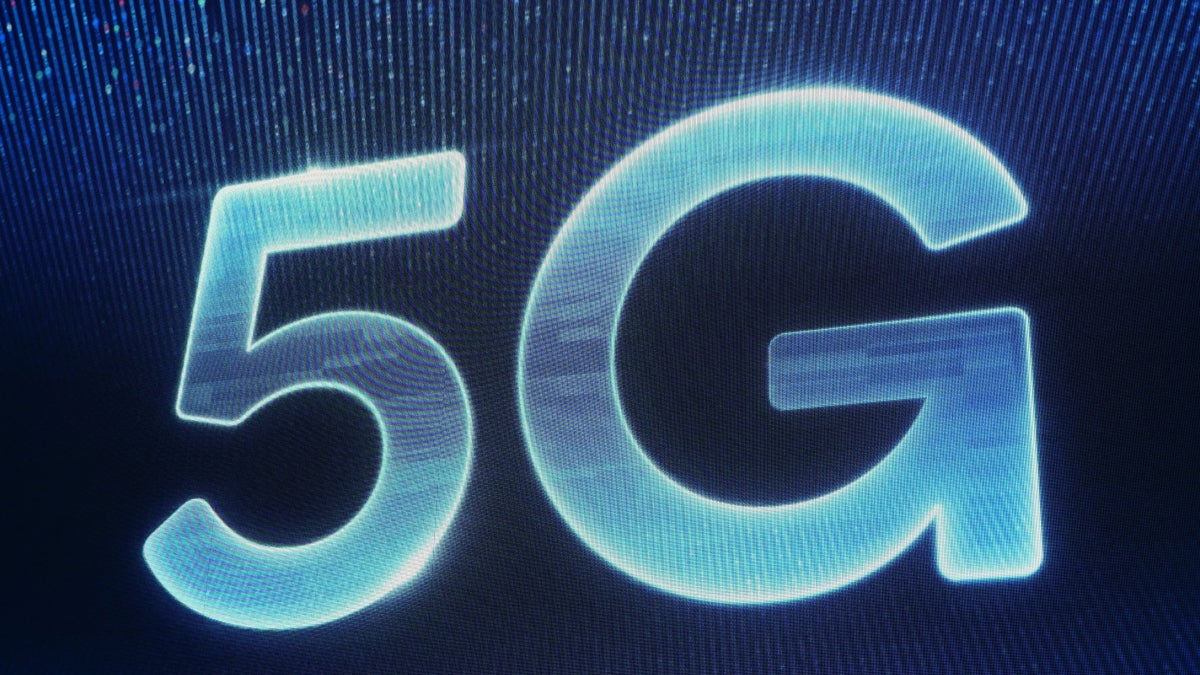
Over the last year or so, we've mentioned how hard it is for U.S. carriers to obtain mid-band spectrum. It's not like you can run over to Best Buy and pick some up. And that is why the mid-band 2.5GHz spectrum owned by Sprint turned out to be a very important asset that was coveted by T-Mobile. The latter ended up paying $26.5 billion for the wireless provider and we can assure you that T-Mobile did not shell out this amount of cash to buy Sprint's carrier business.
Third party research agrees with T-Mobile about the inefficiency of Verizon's DSS low-band 5G signals
T-Mobile will use this mid-band spectrum to complete its 5G layer cake which starts with its low-band 600MHz spectrum on the bottom. Low-band signals travel longer distances, penetrate structures easily, but deliver slower 5G download data speeds. This is where the mid-band spectrum comes into play. They travel long distances and deliver faster data than low-band spectrum. The middle layer of the 5G cake will also allow those living in rural areas to connect to the internet. The top layer, or high-band, delivers the fastest speeds although it can only travel a short distance. The latter is why Verizon has been criticized for its decision to focus on mmWave 5G while building out its 5G network. Yes, Verizon can brag about its fast 5G Ultra Wideband signals. But since these signals don't travel far, the nation's largest carrier only recently announced that it was offering nationwide 5G. The nation's leading carrier is has turned to Dynamic Spectrum Sharing (DSS) for its lower band 5G coverage. This technology allows 4G and 5G networks to share spectrum and split capacity. It is not as efficient as the dedicated 5G signals used by T-Mobile.


As soon as Verizon launched its nationwide 5G service fueled by DSS, the carrier went from having the fastest median 5G speeds among the three major U.S. carriers to having the slowest. T-Mobile president of technology Neville Ray recently took Verizon to task for claiming to have "5G Built Right" even though its customers can access an Ultra Wideband signal just .6% of the time. Again, that coverage is due to the fact that mmWave signals, which Verizon has focused on, are limited in terms of distance traveled. So did Verizon really build its 5G network right? Signals Research Group doesn't think so. In a recent report on 5G, Signals wrote, "T-Mobile has been very vocal about the challenges of DSS and the results of our study largely support their view."
The report also calls Verizon's DSS "inefficient." Signal's Mike Thelander said, "Although DSS is a cool technology that negates the need for unused spectrum, DSS results in much lower spectral efficiency than LTE or 5G NR [New Radio] by itself….This inefficiency hurts 5G NR and LTE performance."
T-Mobile's Ray says that it has the winning 5G strategy because the wireless provider is the only one delivering 5G coverage and speed. The executive says, "Our goal is to build 5G the right way and do right by our customers. And from what I’ve seen, that isn’t as true for our competitors. From AT&T’s misleading '5G E' that wasn’t even real 5G to Verizon claiming they have '5G Built Right', it’s time to shed some light on the truth. Namely, Verizon. Verizon customers are getting a raw deal paying big bucks for a heavily marketed "Ultra Wideband" mmWave service that’s almost impossible to find and outside of that, a tiny nationwide footprint with speeds only comparable to LTE. Verizon spent two years building 5G with mmWave, and coverage is still available just 0.6% of the time, according to Ookla. But that hasn’t stopped Verizon from breathlessly claiming they have "5G Built Right." It also hasn’t stopped them from saying "World’s Fastest 5G" when they aren’t even the fastest here in America anymore based on our analysis of independent, third party data."
Follow us on Google News


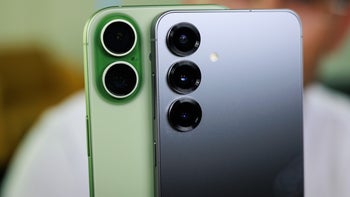
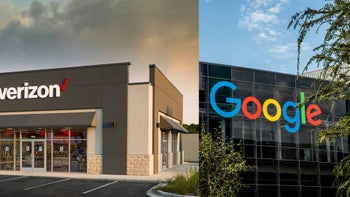
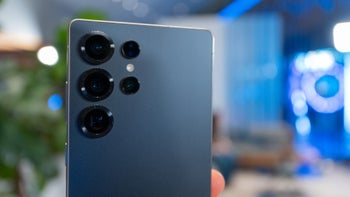
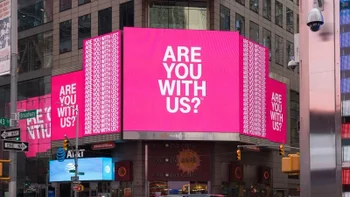
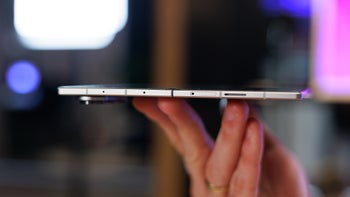






Things that are NOT allowed:
To help keep our community safe and free from spam, we apply temporary limits to newly created accounts: